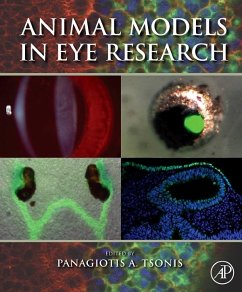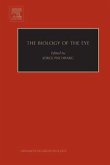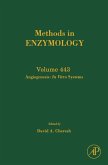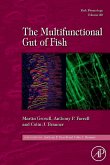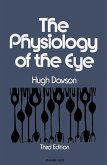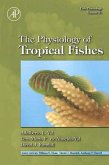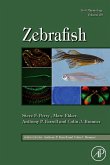The eye is a complex sensory organ, which enables visual perception of the world. Thus the eye has several tissues that do different tasks. One of the most basic aspects of eye function is the sensitivity of cells to light and its transduction though the optic nerve to the brain. Different organisms use different ways to achieve these tasks. In this sense, eye function becomes a very important evolutionary aspect as well. This book presents the different animal models that are commonly used for eye research and their uniqueness in evaluating different aspects of eye development, evolution, physiology and disease.
* Presents information on the major animal models used in eye research including invertebrates and vertebrates
* Provides researchers with information needed to choose between model organisms
* Includes an introductory chapter on the different types of eyes, stressing possible common molecular machinery
Dieser Download kann aus rechtlichen Gründen nur mit Rechnungsadresse in A, B, BG, CY, CZ, D, DK, EW, E, FIN, F, GR, HR, H, IRL, I, LT, L, LR, M, NL, PL, P, R, S, SLO, SK ausgeliefert werden.

